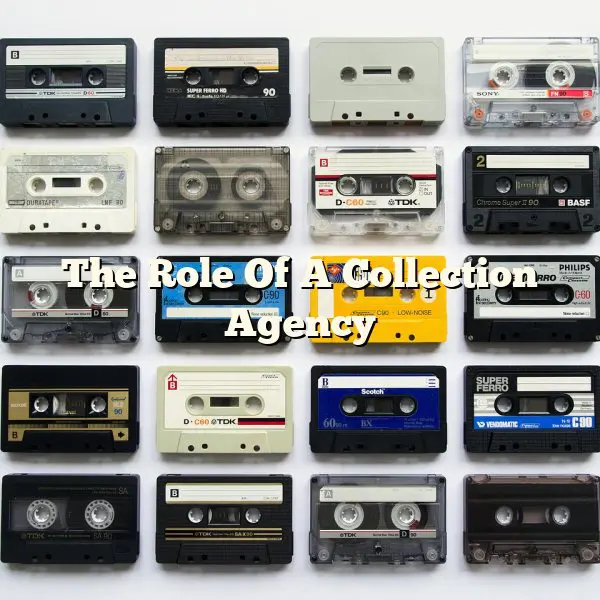Failure by an individual or a business to meet its obligation of debt payment is likely to result to a number of measures such a legal suit. A collection agency might also be consulted to pursue payment on behalf of creditors. These businesses earn an agreed amount of the total debt collected.
These agencies are of different types. They can be a first party or third party agency. First party agencies are mostly involved in the debt collection during the initial stage of the process. This is because they are likely to maintain a good customer relationship with the company demanding payment of arrears (creditor). Since they are affiliated to the original creditor; they are not bound by laws that apply to third party agencies.
These businesses are referred to as first party agency since they are closely related with the creditor if not part of the organization of the latter. Consumers are the second party. In case efforts by the first party do come to fruition, then third party agents are brought in. They are not part of the original contract and their primary objective is to retrieve the debts if writing off debts is not an option.
Collection agencies are third party agencies. They are given this designation since they were not part of original contract. Accounts are assigned to such this agency on the basis of a contingency fee. The gets a certain percentage of the total debts collected. This is commonly referred to as potential fee. This fee is payable upon each successful payment of debts. This means that such payment is not made after successful payment of the entire debt. This ensures that the third party gets a certain amount of money in case the creditor resolves to abandon the debt collection bid.
The fee the third party gets is in most instances between 25 percent and 40 percent of the total collection. However this might vary depending on the age of the account, the type of debt and the number of times collection has tried to be made.
These businesses in most instances send urgent letters demanding the debtor pays the debts promptly or face consequences like a hard collection or a credit report that is negative. These letters are typically sent within intervals of ten days. If there is no response, then a hard collection would be a possible response.
Countries have enacted laws to govern agency practices and ensure the debtor is not harassed or treated unfairly. For example, in the United States, there are maximum number of times an one can call the debtor.Agencies have to make these calls at a certain time in the day, must not share information about the debt with a third party. One can reveal this information to only attorney of the debtor and the spouse. Any sharing of this information within any other party is considered a serious breach of privacy and is actionable. The agencies are however allowed to contact friends or relatives in an effort to reach the debtor for example to get his contacts.
In the Unites States as well as the United Kingdom, there are various acts enacted to manage these practices.Agencies must also be licensed to provide these services. Some agencies come into an agreement with creditors to buy the debts at a certain value and independently pursue the full balance from the debtor. This ensures that debtors do not default or forget about the debts. It also helps develop fast revenue and reduces the wait for the creditor besides significantly reducing relations risk between the two parties. (Creditor and the debtor).
You can visit www.kbamerican.com for more helpful information about The Importance Of A Collection Agency To Individuals And Businesses.



